
Protecting Our Reefs. Inspiring Our Future.
At BREEF, we believe that healthy oceans are vital to life in The Bahamas. As a nation of more ocean than land, our well-being, economy, and culture are deeply connected to the sea. Since 1993, the Bahamas Reef Environment Educational Foundation has been a leader in marine conservation and education, empowering people of all ages to understand, value, and protect our incredible marine ecosystems.
Our Mission
To promote the conservation of the Bahamian marine environment that sustains our way of life.

What We Do
Marine Conservation
BREEF works to protect critical ecosystems such as coral reefs, mangroves, and seagrass beds that provide coastal protection, support fisheries, and sustain biodiversity. Through public education, school programmes, policy advocacy, and restoration projects, we champion a healthy ocean for future generations.
Environmental Education
We engage thousands of students, teachers, and community members each year with hands-on learning experiences. Our field trips, underwater classroom experiences, Eco-Schools Bahamas programme, and marine conservation resources help build a new generation of ocean stewards.
Coral Reef Restoration
BREEF’s Sir Nicholas Nuttall Coral Reef Sculpture Garden & Coral Nursery merges art, science, and education to rehabilitate coral reefs and raise awareness of ocean issues.
Advocacy and Policy Engagement
We advocate for sustainable development, responsible fisheries, and climate action—championing a ban on oil drilling in Bahamian waters and calling for strong environmental protections.

Check back for updates as we rebuild our new site.
Please reach out to us on:
breef@breef.org
242-327-9000
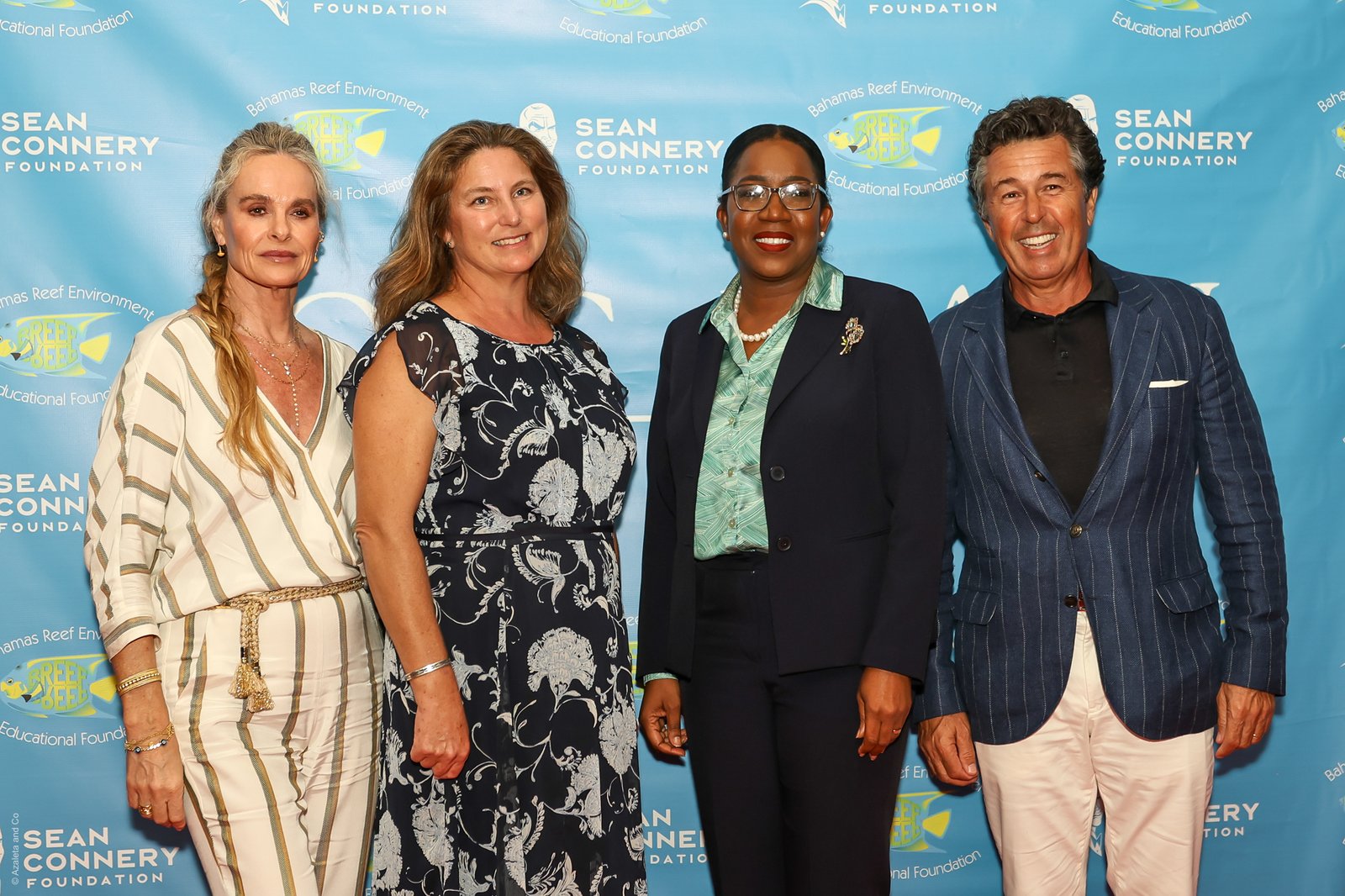
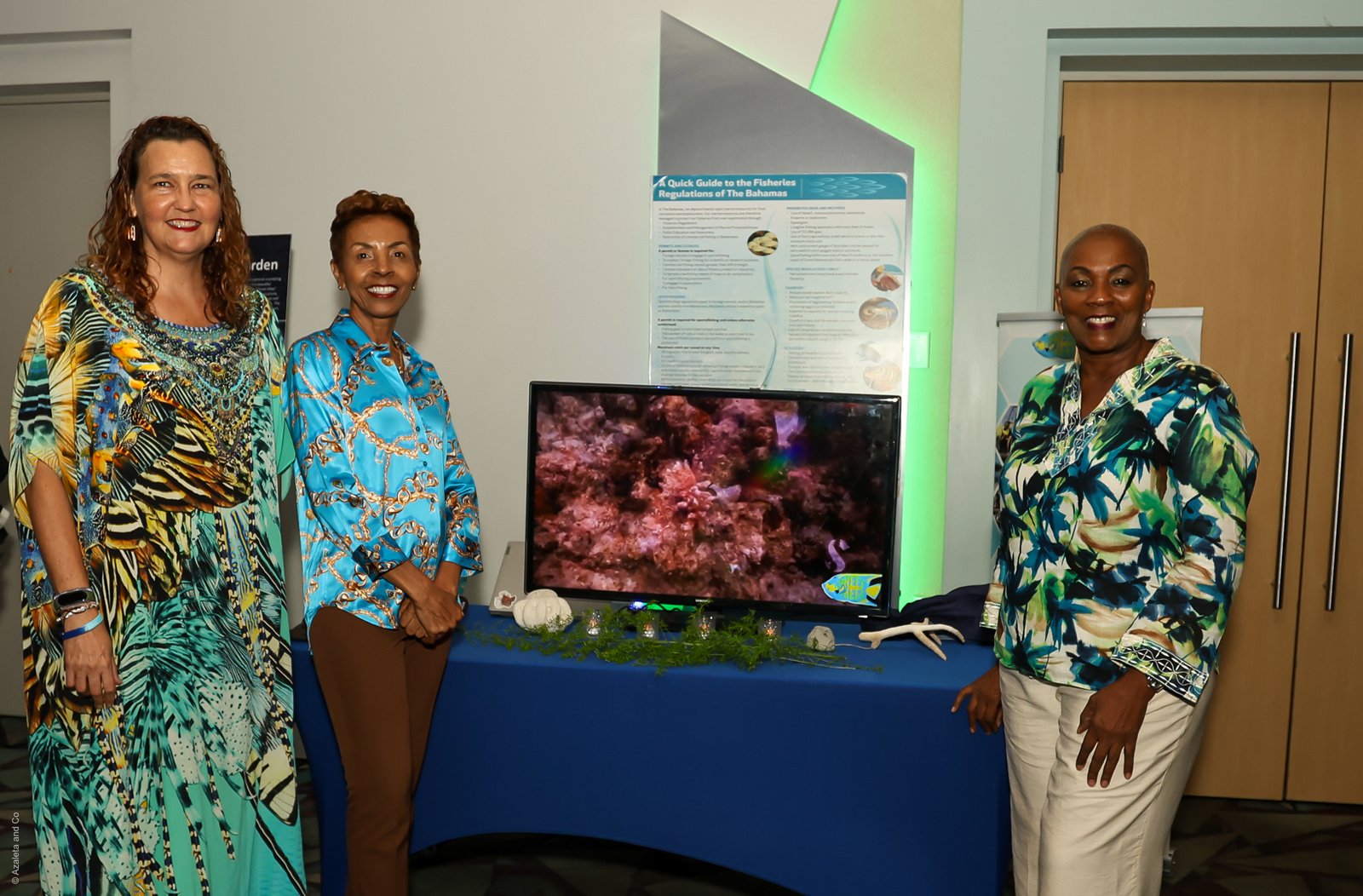
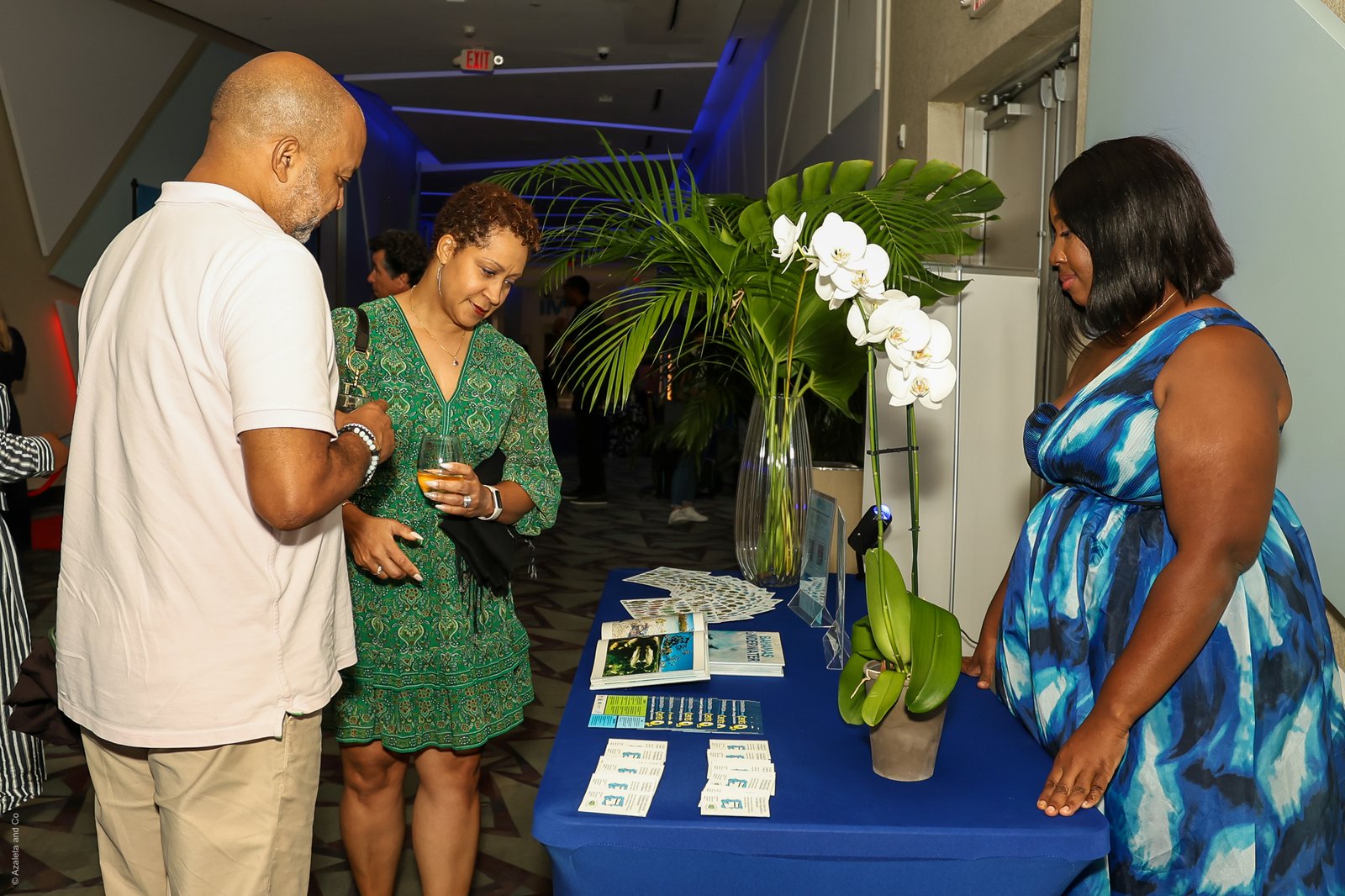
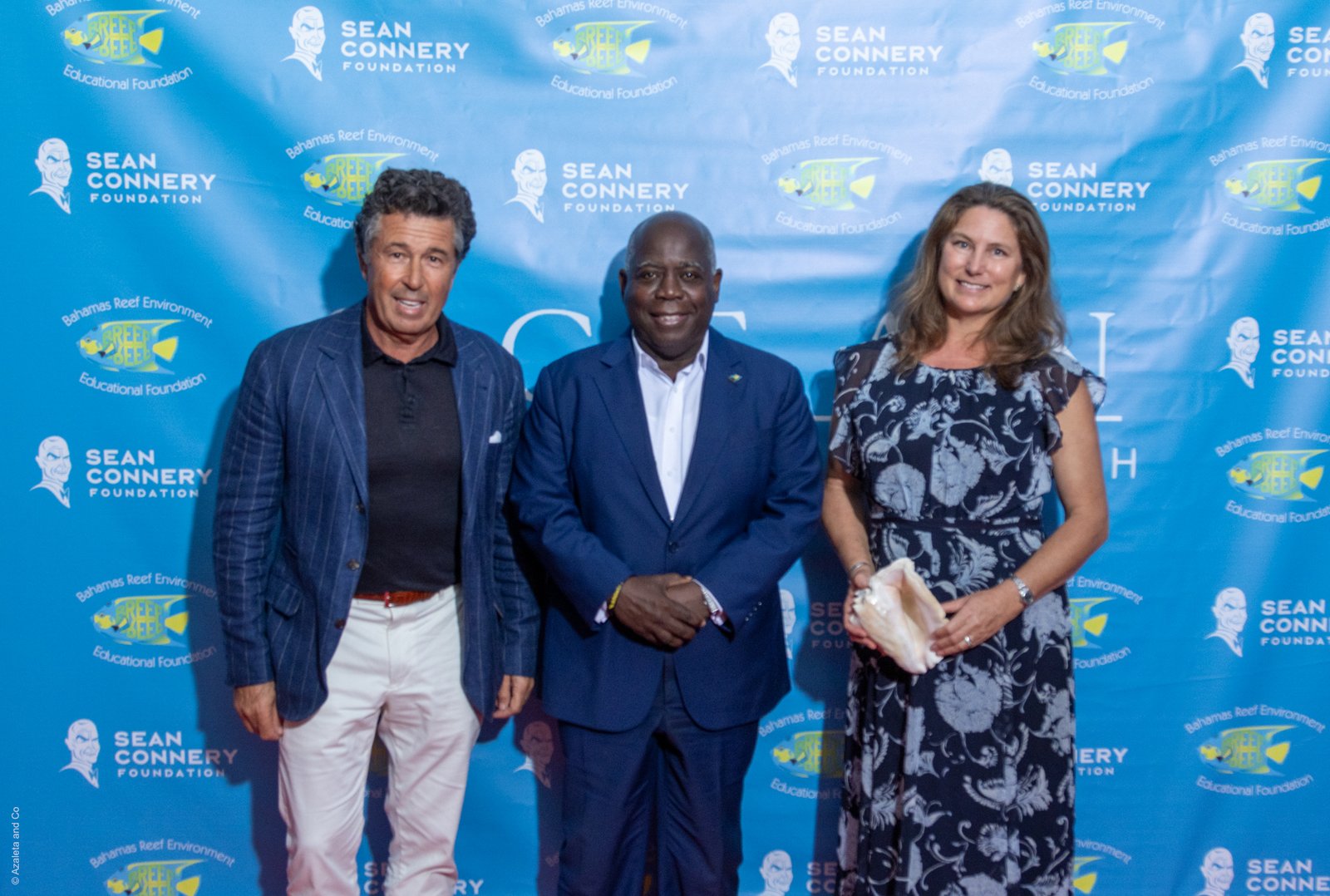

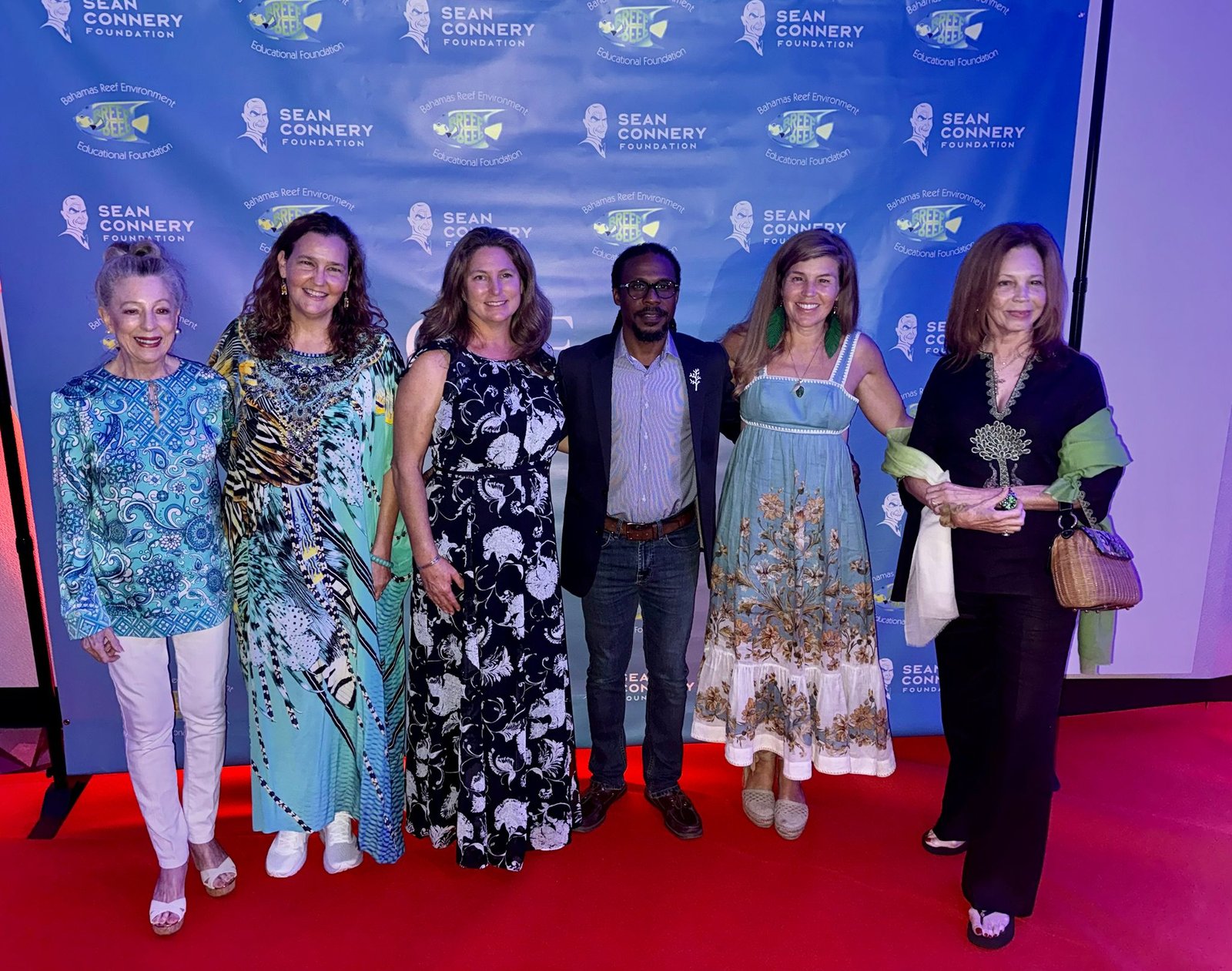
BREEF, in partnership with the Sean Connery Foundation, hosted a special Bahamas Premiere of OCEAN with David Attenborough at Fusion Superplex. The event brought together a distinguished audience, including high-profile donors and supporters, as well as the Prime Minister of The Bahamas, who joined us in celebrating the importance of ocean protection.
Inspired by the film and the global movement for ocean protection, BREEF reaffirms its commitment to the international goal of protecting 30% of the world’s oceans by 2030.
We pledge to:
- Champion marine conservation across The Bahamas and the region.
- Educate and empower young Bahamians to learn to swim and become ocean stewards.
- Advocate for policies that safeguard marine ecosystems.
- Support global and national efforts dedicated to achieving the 30x30 target.
- Work alongside community partners, government leaders, and international allies to accelerate urgent ocean protection.
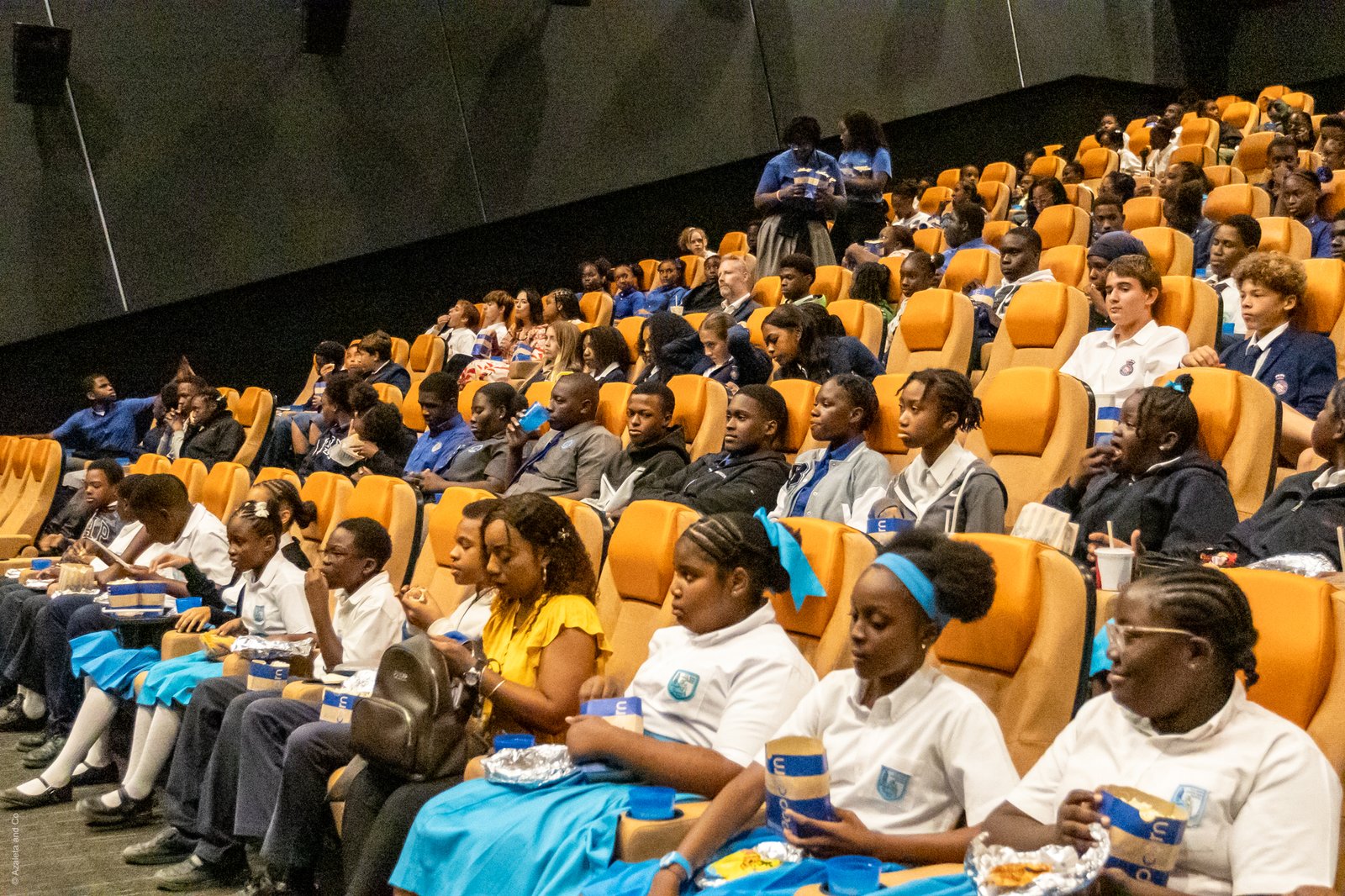
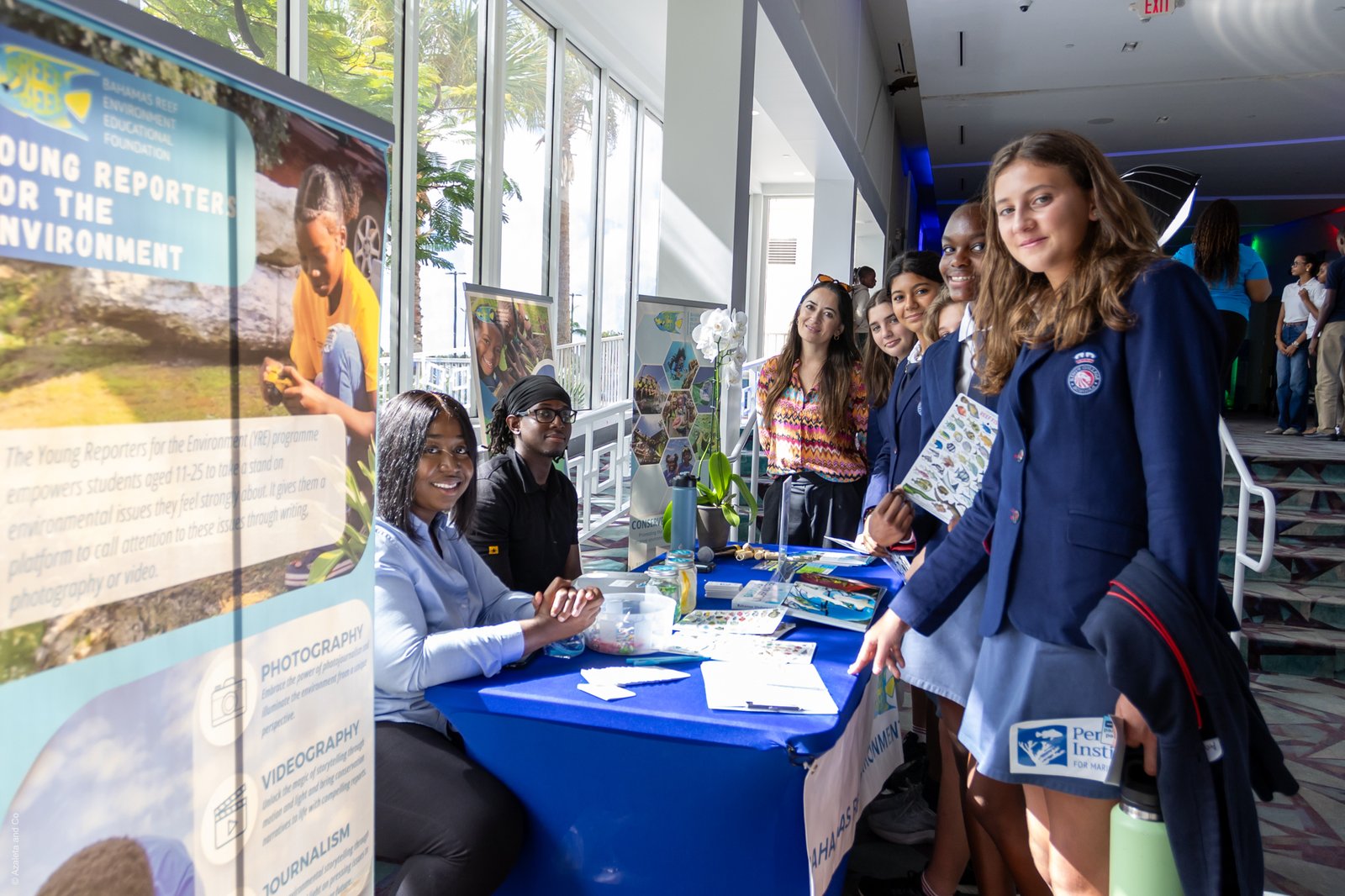
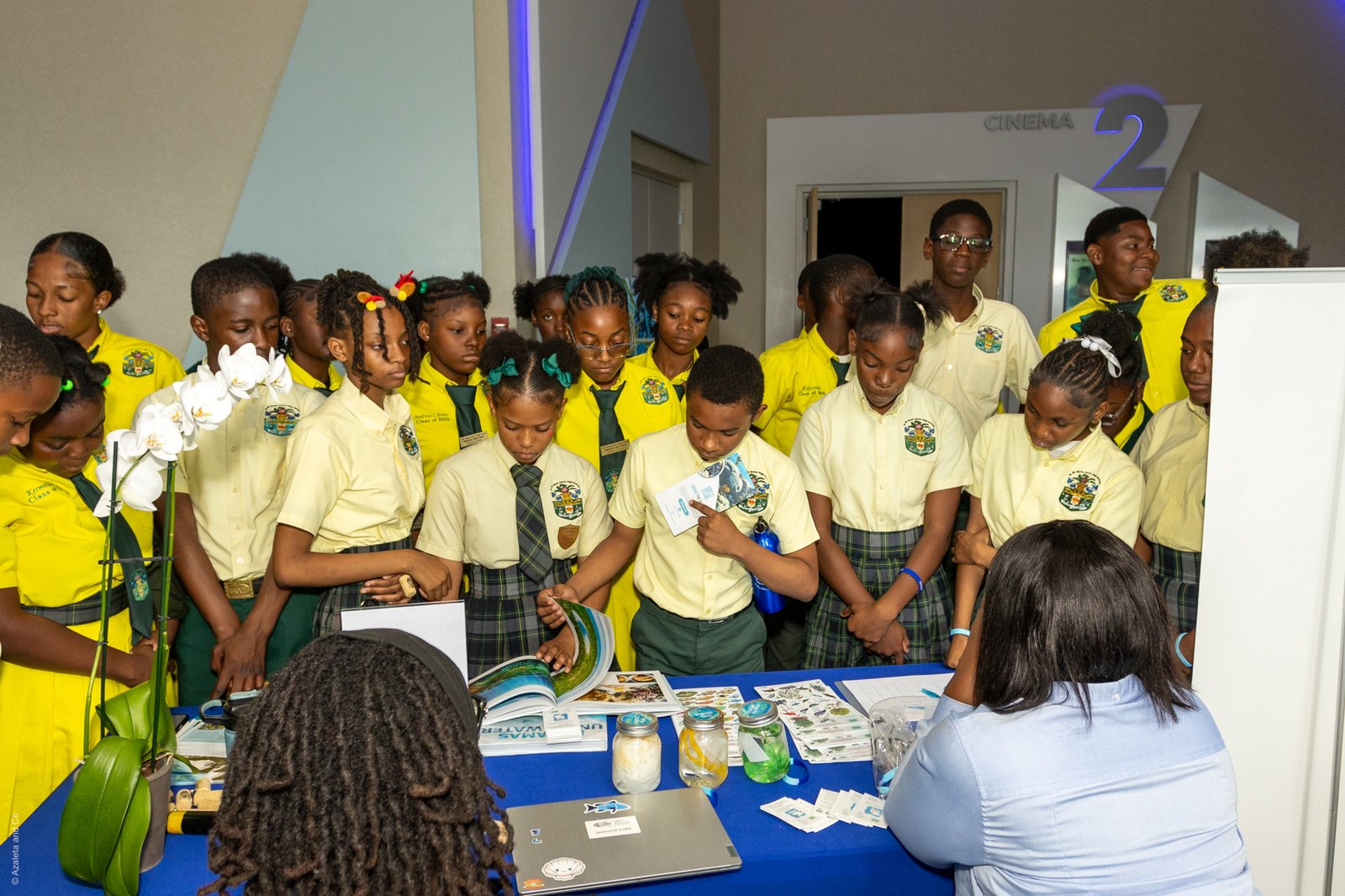
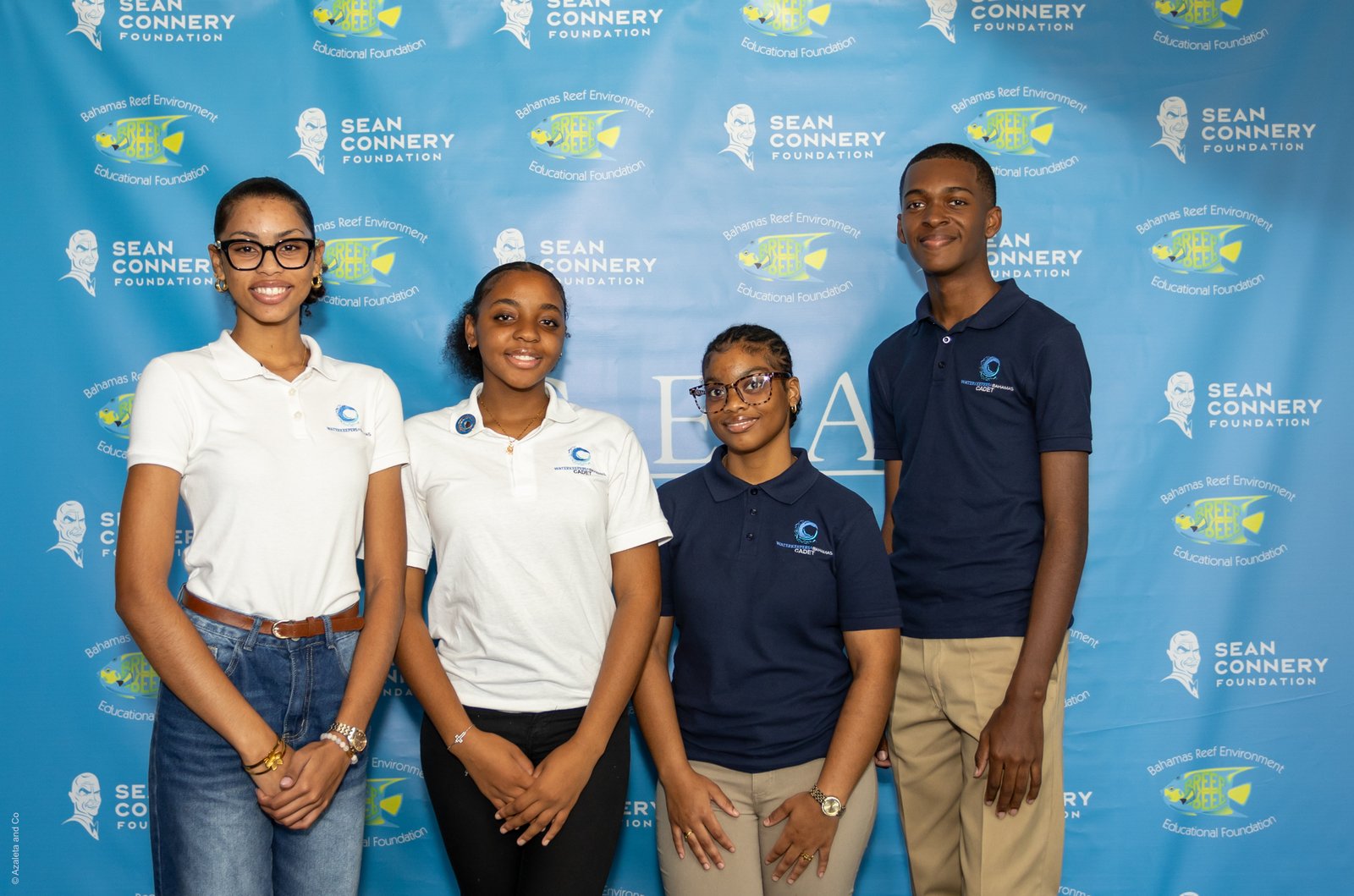
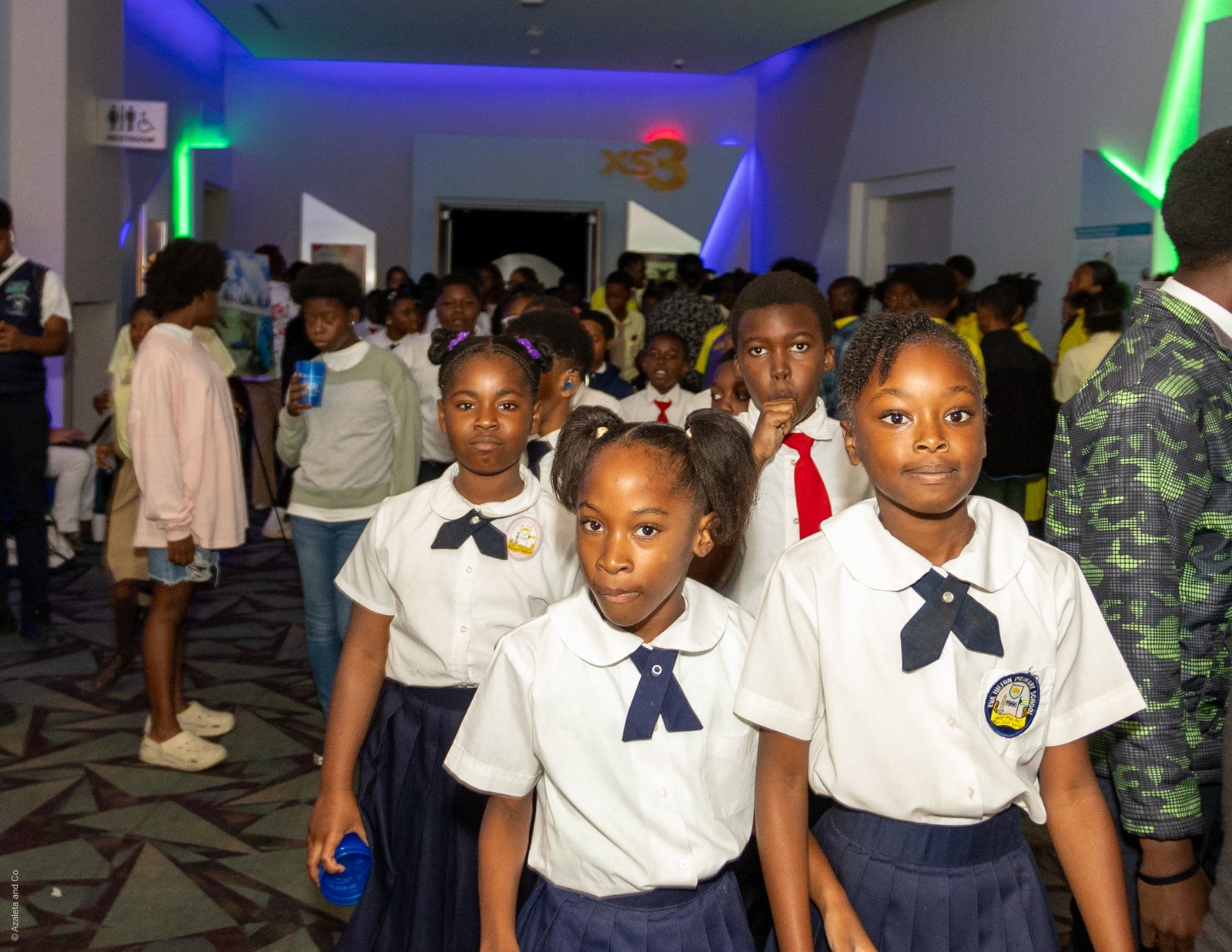
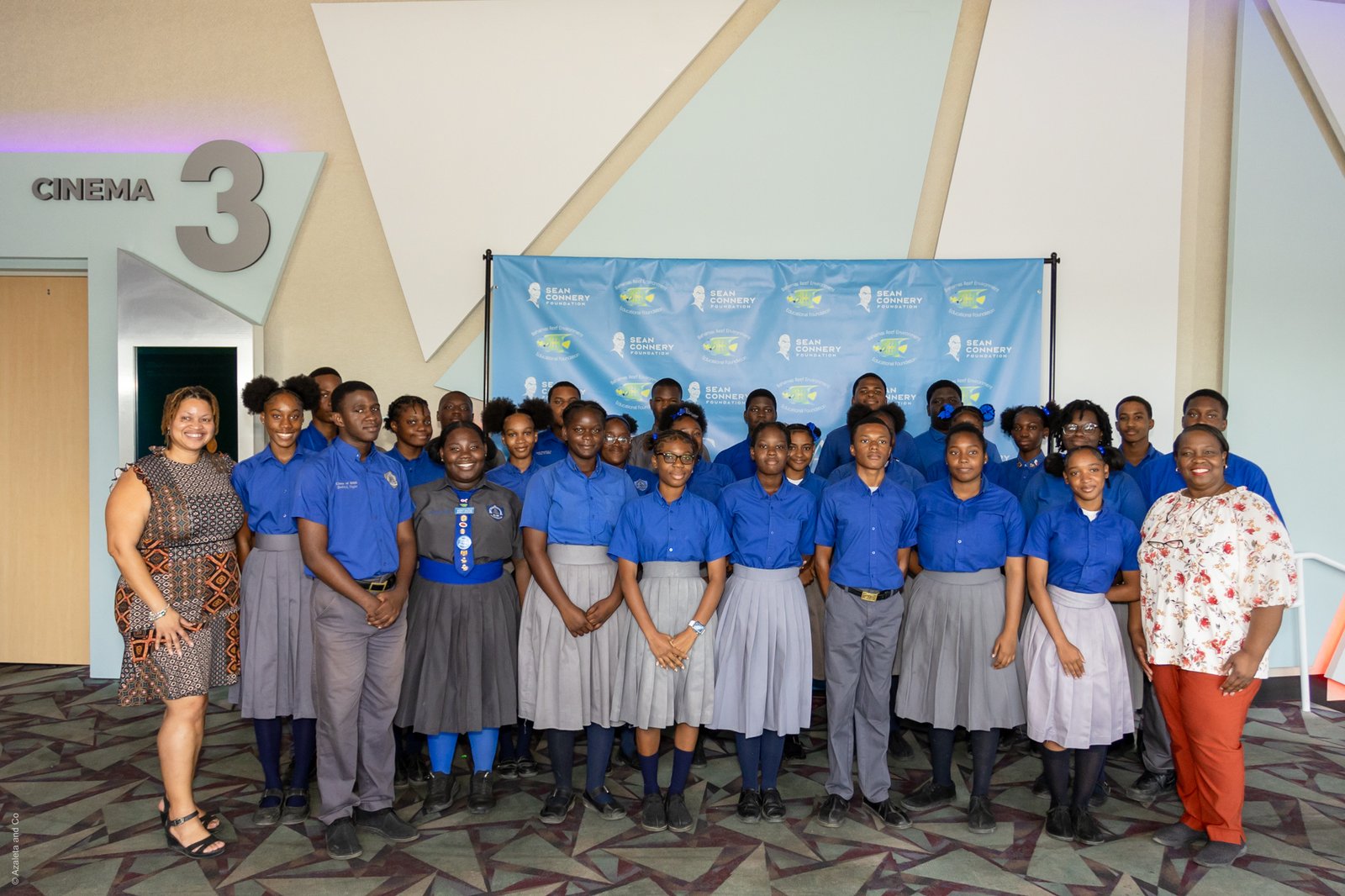
Inspired by the film and the global movement for ocean protection, BREEF reaffirms its commitment to the international goal of protecting 30% of the world’s oceans by 2030.
We pledge to:
- Champion marine conservation across The Bahamas and the region.
- Educate and empower young Bahamians to learn to swim and become ocean stewards.
- Advocate for policies that safeguard marine ecosystems.
- Support global and national efforts dedicated to achieving the 30x30 target.
- Work alongside community partners, government leaders, and international allies to accelerate urgent ocean protection.
© Bahamas Reef Environmental Educational Foundation 2025. All rights reserved
